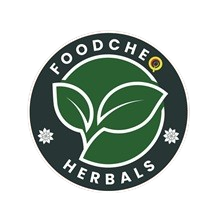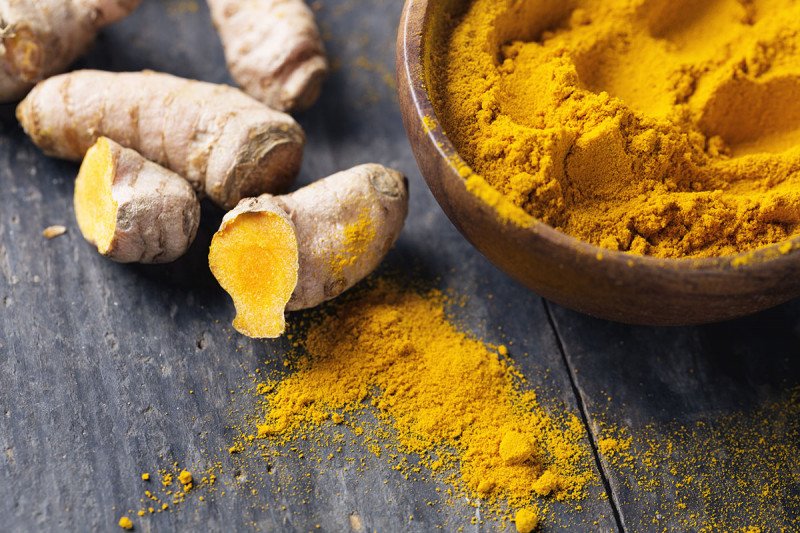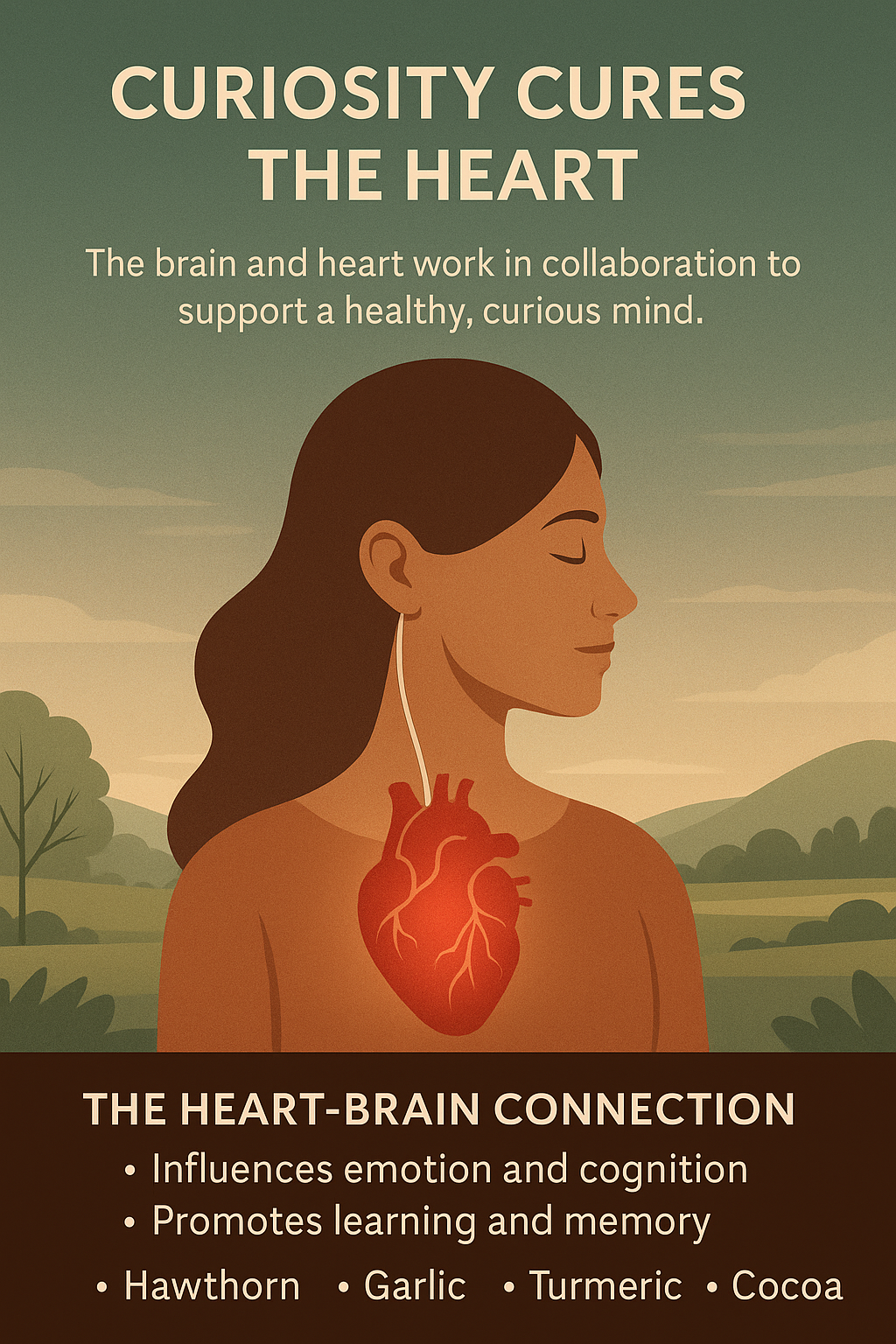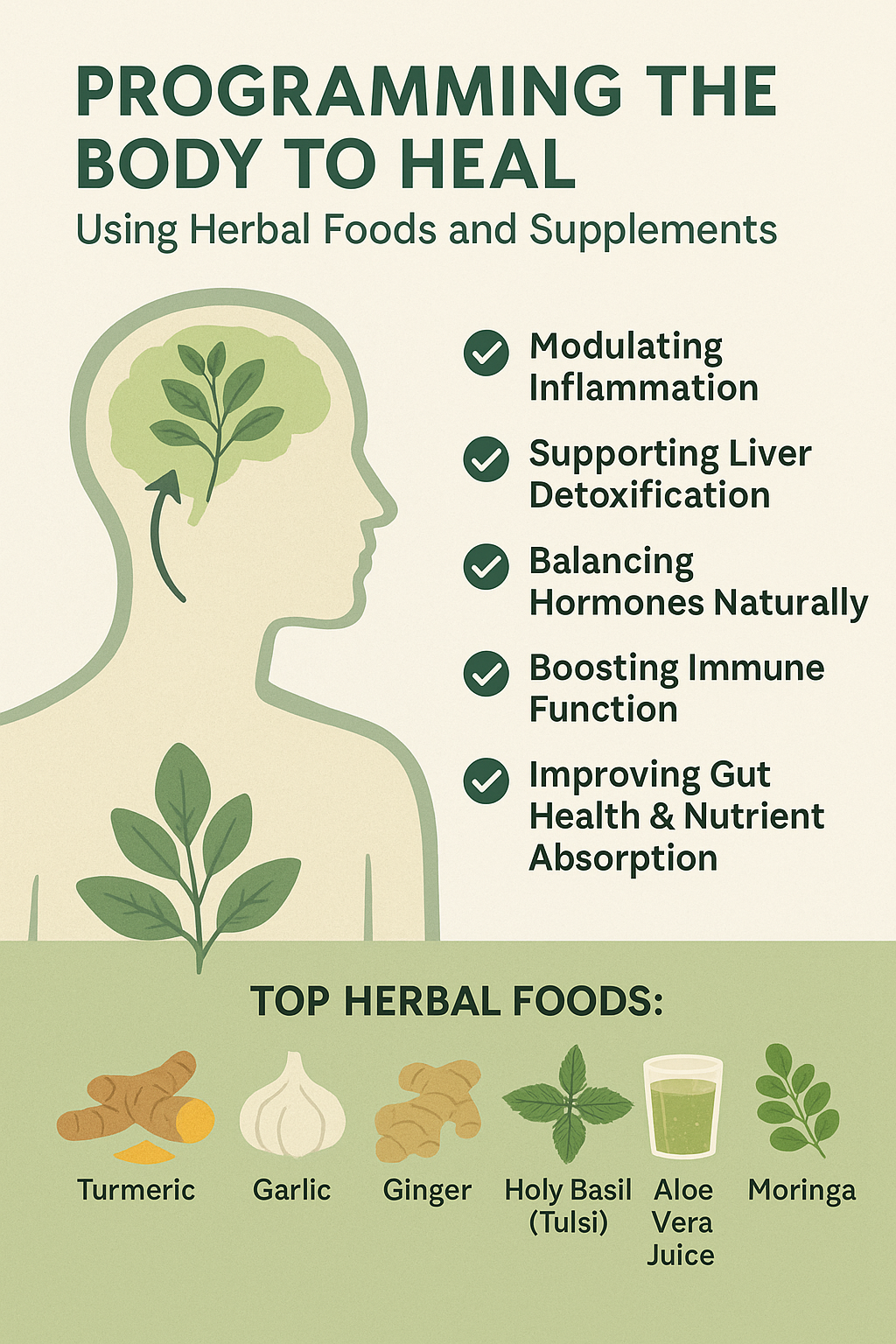How Everyday Herbs and Spices Offer Affordable Alternatives to Expensive Drugs
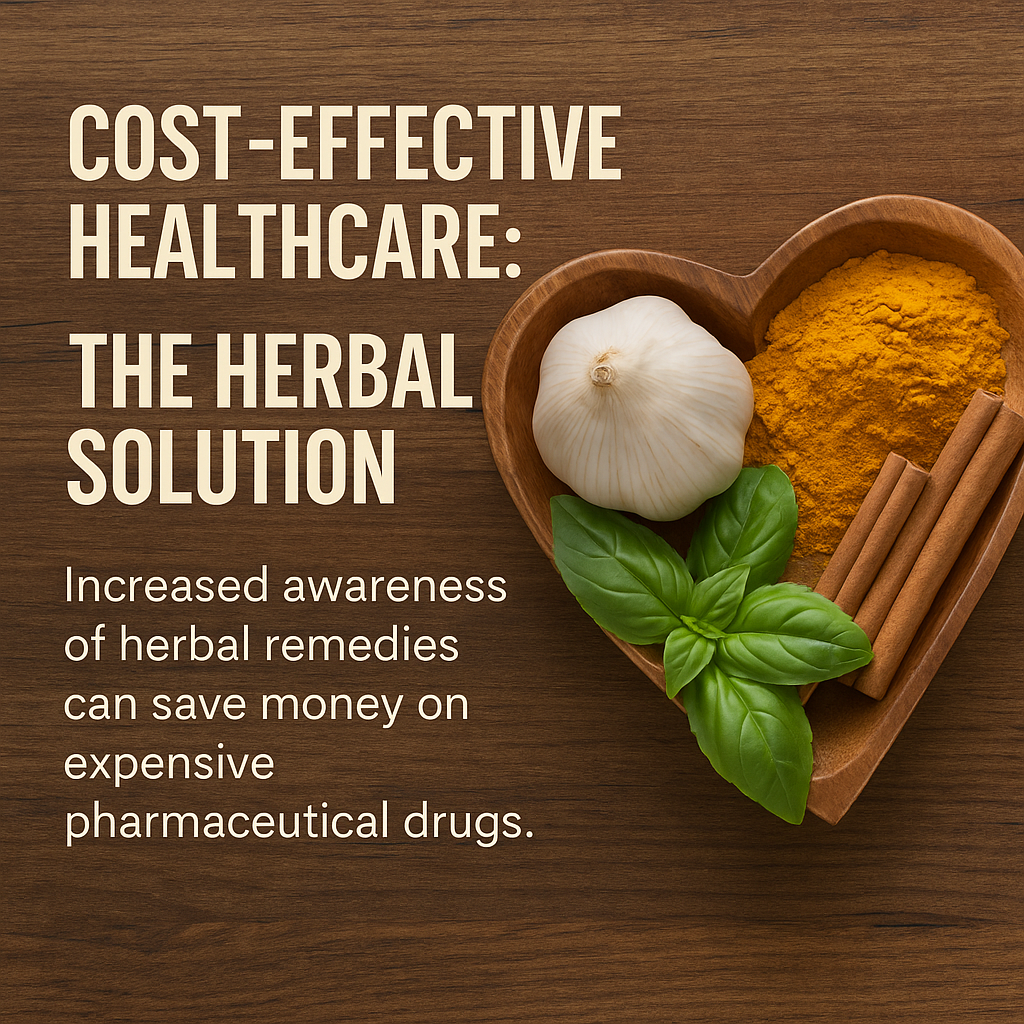
 In today’s world, managing health often feels like managing debt. With the rising cost of pharmaceutical drugs, more individuals and communities are turning to nature for relief — and finding answers in the spices and herbs already in their kitchens.
In today’s world, managing health often feels like managing debt. With the rising cost of pharmaceutical drugs, more individuals and communities are turning to nature for relief — and finding answers in the spices and herbs already in their kitchens.
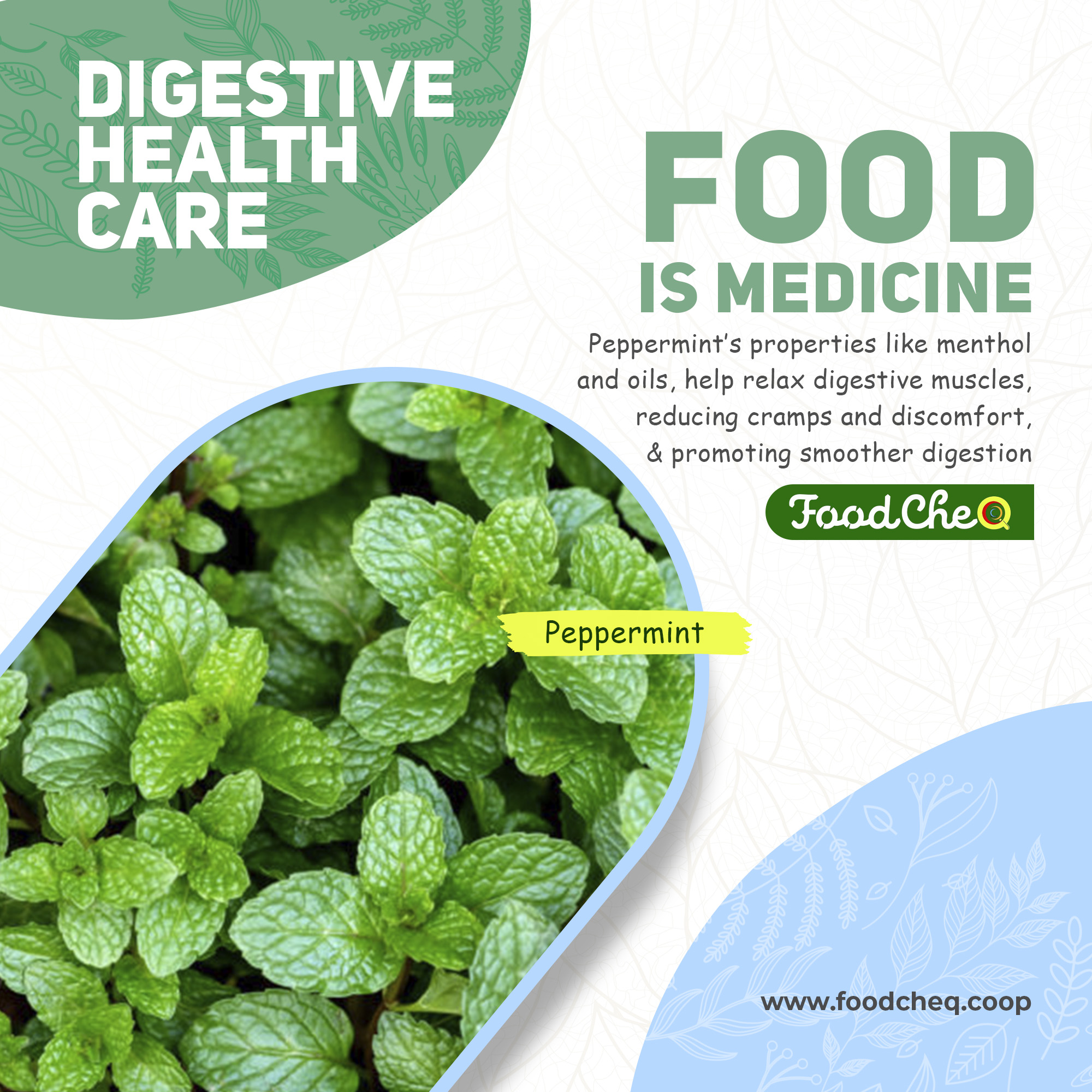

But this isn’t just a return to traditional wisdom — modern science is catching up, confirming that herbal remedies can provide powerful, affordable alternatives to many costly medications.
---
Why Herbal Medicine Saves Money
1. Low Production Costs
Herbs grow widely, are often available locally, and can be preserved with minimal processing.
2. No Patent = No Price Surge
Most pharmaceutical drugs are priced based on patents, branding, and distribution — none of which apply to common herbs.
3. Multi-Purpose Use
Many herbs offer broad-spectrum benefits, reducing the need for multiple medications.
4. Fewer Side Effects
Herbal remedies are generally well-tolerated and, when properly used, reduce the risk of adverse effects (and the medical costs associated with them).
---
Verified Examples: Herbs That Replace Costly Pharmaceuticals
Below are common, affordable herbs and spices that offer evidence-based benefits similar to those of popular pharmaceutical drugs.
---
1. Turmeric (Curcuma longa)
Alternative to: Anti-inflammatory drugs (e.g., ibuprofen, diclofenac)
Benefits: Reduces joint pain, inflammation, and oxidative stress.
✔ Verified Study:
A 2014 randomized clinical trial found that curcumin was as effective as ibuprofen for knee osteoarthritis pain relief.
👉 PubMed - PMID 24672232
---
2. Garlic (Allium sativum)
Alternative to: Statins and blood pressure medications
Benefits: Lowers blood pressure, cholesterol, and triglycerides.
✔ Verified Study:
A meta-analysis in Nutrition journal found that aged garlic extract significantly lowered blood pressure in patients with hypertension.
👉 PubMed - PMID 26764327
---
3. Ginger (Zingiber officinale)
Alternative to: Antiemetics (e.g., ondansetron), NSAIDs
Benefits: Alleviates nausea, joint pain, menstrual cramps.
✔ Verified Study:
Research in Obstetrics & Gynecology showed that ginger was as effective as ibuprofen in relieving menstrual pain.
👉 PubMed - PMID 19216660
---
4. Peppermint (Mentha piperita)
Alternative to: Antispasmodic and IBS medications
Benefits: Relieves irritable bowel syndrome (IBS), digestive spasms, and bloating.
✔ Verified Study:
A 2014 meta-analysis showed that enteric-coated peppermint oil capsules improved IBS symptoms significantly more than placebo.
👉 PubMed - PMID 24100754
---
5. Fenugreek (Trigonella foenum-graecum)
Alternative to: Oral hypoglycemics (e.g., metformin)
Benefits: Regulates blood sugar and improves insulin sensitivity.
✔ Verified Study:
A study in International Journal for Vitamin and Nutrition Research found that fenugreek significantly reduced fasting blood glucose in type 2 diabetics.
👉 PubMed - PMID 21726753
---
6. Cinnamon (Cinnamomum verum)
Alternative to: Blood sugar and cholesterol-lowering meds
Benefits: Improves insulin response and reduces LDL cholesterol.
✔ Verified Study:
A meta-analysis in Annals of Family Medicine showed that cinnamon supplementation reduced fasting blood glucose and lipid levels in type 2 diabetes patients.
👉 PubMed - PMID 24019277
---
From Kitchen to Clinic: Real Cost Savings
Compare the average monthly cost of medications:
Statins: $50–$100/month
NSAIDs: $30–$70/month
Antacids/IBS meds: $40–$90/month
Antidiabetics: $100–$300/month
Versus the cost of herbs:
Ginger root (fresh or powdered): $5–$10/month
Garlic (fresh or capsules): $6–$12/month
Cinnamon, turmeric, peppermint teas: often under $10/month
Potential savings: Hundreds of dollars per year, per person.
---
💡 The Bottom Line: Awareness Is Access
The real key to cost-effective healthcare isn't just affordability — it’s education. When individuals understand how to use herbs safely and correctly, they gain access to preventive, affordable, and culturally rooted care that works with the body rather than overpowering it.
---
✅ Final Tips: Getting Started with Herbal Healthcare
🌿 Consult certified herbalists or naturopaths for guidance.
🧂 Use culinary herbs regularly in your cooking — let food be your first medicine.
📚 Read verified sources and double-check claims (PubMed, NIH, peer-reviewed studies).
🧘♀️ Combine herbs with lifestyle changes — stress reduction, movement, and rest.
---
📣 Spread the Word, Share the Wealth
Greater awareness means greater access to healing — for individuals, families, and entire communities.
> “Healthcare doesn’t have to come with a high price tag — sometimes it just comes in a teacup.”
---
Why Herbal Medicine Saves Money
1. Low Production Costs
Herbs grow widely, are often available locally, and can be preserved with minimal processing.
2. No Patent = No Price Surge
Most pharmaceutical drugs are priced based on patents, branding, and distribution — none of which apply to common herbs.
3. Multi-Purpose Use
Many herbs offer broad-spectrum benefits, reducing the need for multiple medications.
4. Fewer Side Effects
Herbal remedies are generally well-tolerated and, when properly used, reduce the risk of adverse effects (and the medical costs associated with them).
---
Verified Examples: Herbs That Replace Costly Pharmaceuticals
Below are common, affordable herbs and spices that offer evidence-based benefits similar to those of popular pharmaceutical drugs.
---
1. Turmeric (Curcuma longa)
Alternative to: Anti-inflammatory drugs (e.g., ibuprofen, diclofenac)
Benefits: Reduces joint pain, inflammation, and oxidative stress.
✔ Verified Study:
A 2014 randomized clinical trial found that curcumin was as effective as ibuprofen for knee osteoarthritis pain relief.
👉 PubMed - PMID 24672232
---
2. Garlic (Allium sativum)
Alternative to: Statins and blood pressure medications
Benefits: Lowers blood pressure, cholesterol, and triglycerides.
✔ Verified Study:
A meta-analysis in Nutrition journal found that aged garlic extract significantly lowered blood pressure in patients with hypertension.
👉 PubMed - PMID 26764327
---
3. Ginger (Zingiber officinale)
Alternative to: Antiemetics (e.g., ondansetron), NSAIDs
Benefits: Alleviates nausea, joint pain, menstrual cramps.
✔ Verified Study:
Research in Obstetrics & Gynecology showed that ginger was as effective as ibuprofen in relieving menstrual pain.
👉 PubMed - PMID 19216660
---
4. Peppermint (Mentha piperita)
Alternative to: Antispasmodic and IBS medications
Benefits: Relieves irritable bowel syndrome (IBS), digestive spasms, and bloating.
✔ Verified Study:
A 2014 meta-analysis showed that enteric-coated peppermint oil capsules improved IBS symptoms significantly more than placebo.
👉 PubMed - PMID 24100754
---
5. Fenugreek (Trigonella foenum-graecum)
Alternative to: Oral hypoglycemics (e.g., metformin)
Benefits: Regulates blood sugar and improves insulin sensitivity.
✔ Verified Study:
A study in International Journal for Vitamin and Nutrition Research found that fenugreek significantly reduced fasting blood glucose in type 2 diabetics.
👉 PubMed - PMID 21726753
---
6. Cinnamon (Cinnamomum verum)
Alternative to: Blood sugar and cholesterol-lowering meds
Benefits: Improves insulin response and reduces LDL cholesterol.
✔ Verified Study:
A meta-analysis in Annals of Family Medicine showed that cinnamon supplementation reduced fasting blood glucose and lipid levels in type 2 diabetes patients.
👉 PubMed - PMID 24019277
---
From Kitchen to Clinic: Real Cost Savings
Compare the average monthly cost of medications:
Statins: $50–$100/month
NSAIDs: $30–$70/month
Antacids/IBS meds: $40–$90/month
Antidiabetics: $100–$300/month
Versus the cost of herbs:
Ginger root (fresh or powdered): $5–$10/month
Garlic (fresh or capsules): $6–$12/month
Cinnamon, turmeric, peppermint teas: often under $10/month
Potential savings: Hundreds of dollars per year, per person.
---
💡 The Bottom Line: Awareness Is Access
The real key to cost-effective healthcare isn't just affordability — it’s education. When individuals understand how to use herbs safely and correctly, they gain access to preventive, affordable, and culturally rooted care that works with the body rather than overpowering it.
---
✅ Final Tips: Getting Started with Herbal Healthcare
🌿 Consult certified herbalists or naturopaths for guidance.
🧂 Use culinary herbs regularly in your cooking — let food be your first medicine.
📚 Read verified sources and double-check claims (PubMed, NIH, peer-reviewed studies).
🧘♀️ Combine herbs with lifestyle changes — stress reduction, movement, and rest.
---
📣 Spread the Word, Share the Wealth
Greater awareness means greater access to healing — for individuals, families, and entire communities.
> “Healthcare doesn’t have to come with a high price tag — sometimes it just comes in a teacup.”
